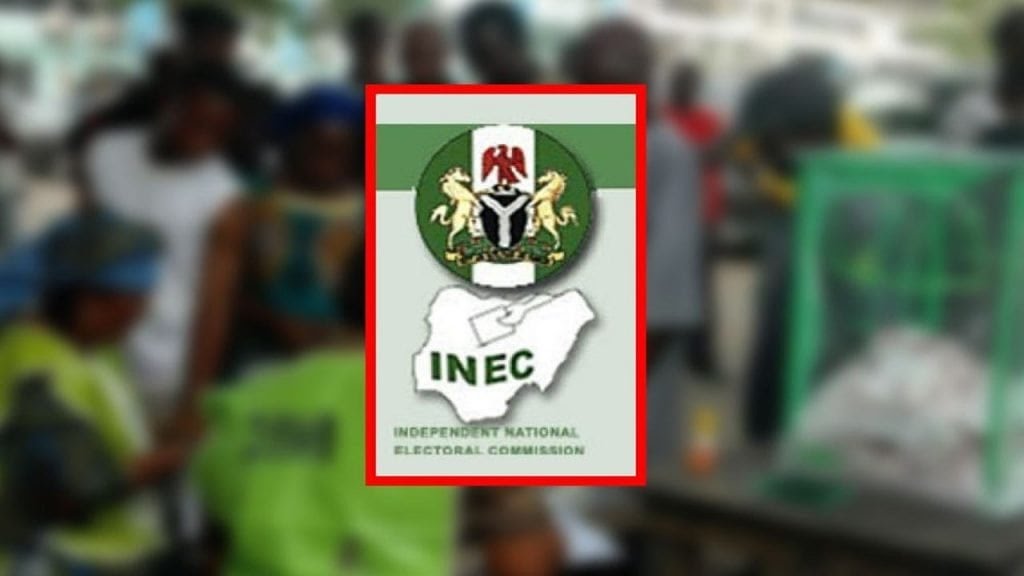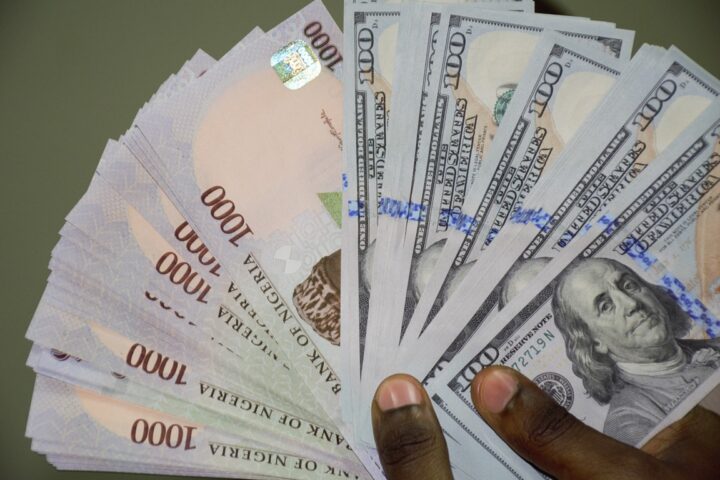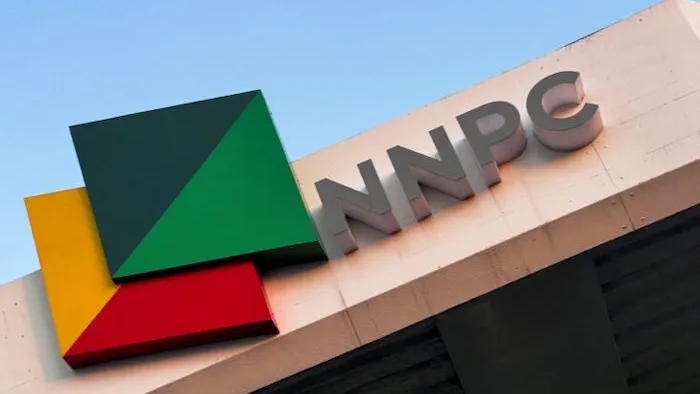-
Nigeria’s unstable electricity supply forces citizens and businesses to rely heavily on generators, spending an estimated ₦3.5 trillion annually, totaling ₦17.5 trillion in five years.
-
This dependence is driven by the country’s failure to generate more than 30% of its 10,000MW installed capacity, making grid power largely unreliable.
Nigeria’s persistent electricity crisis has forced citizens and businesses to spend a staggering ₦17.5 trillion on fueling generators over the past five years, equivalent to ₦3.5 trillion annually, according to a report by the Good Governance Initiative (GGI).
Despite an installed generation capacity of 10,000MW, Nigeria operates far below capacity, often generating between 2,000 and 3,500MW. With over 80% of the population disconnected from the grid, self-generation through petrol and diesel has become the norm.
GGI President Festus Mbisiogu revealed that SMEs alone spend ₦2 trillion annually, while manufacturers expend over ₦800 billion on diesel. Banks, each spending around ₦4 million monthly, add to the burden. “In the banking sector, each branch spends over ₦4m on diesel in a month,” he said.
ATTENTION: Click “HERE” to join our WhatsApp group and receive News updates directly on your WhatsApp!
The manufacturing industry is especially affected, with Princess Omolola Olabayo of MAN in Kwara State stating, “I spend ₦400,000 daily on diesel if I am working on 24 hours production.”
Experts say the economic implications are grave. Prof. Adeola Adenikinju of the University of Ibadan’s Energy Economics Centre said, “It takes approximately $1bn to build a 1,000MW plant. With ₦17.5tn, Nigeria could have built multiple plants instead of relying on inefficient generators.”
READ ALSO: Court Rules FCCPC Lacks Power to Fix Prices Without Presidential Directive
Energy expert Ayodele Oni warned that the cost of self-generation is 10 to 12 times higher than grid power, adding, “Self-generation of power also increases the rate at which start-ups fail… SMEs which should be the fulcrum of economic growth cannot thrive.”
The experts urge President Buhari’s administration to enforce contracts, encourage renewables, privatise transmission services, and eliminate systemic bottlenecks to avert further economic damage.


















Leave a comment